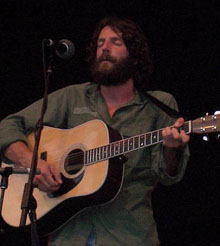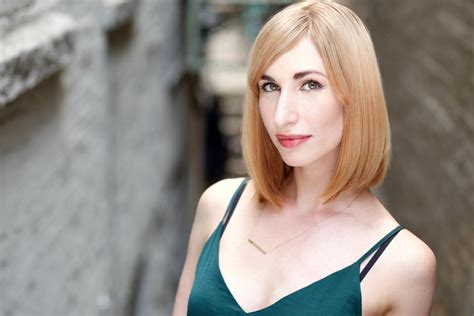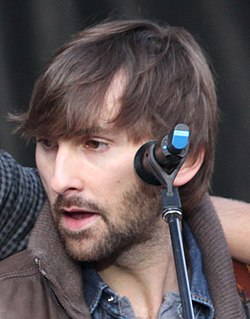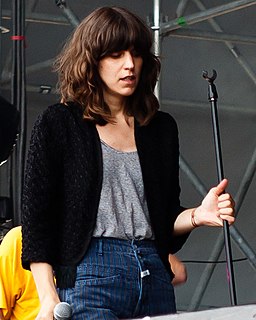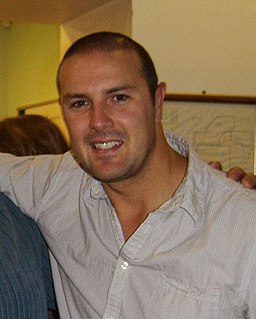A Quote by Ray LaMontagne
I always felt, as a listener at a show, that when there was too much banter between the artist and the audience that it detracted from the show. I more enjoyed shows where the guys came out and they just played.
Related Quotes
I feel so lucky to have the opportunity to make the show, and that it is in alignment with what I'm interested in, with what I read about. For me, it just felt like an organic step - of course, I'm thinking I want a show that allows for more representation for the community and shows the struggles people face, especially when we're hearing all this political rhetoric - to have a way to show how much this affects people lives.
It [The Esemblist] is also about the generation of audience members that are watching shows and listening to us at the same time; hopefully, in time, when they listen to our show and then go see a show, they'll realize even more what it takes to make a show, and they'll know even more about everybody on stage, rather than just people above the title of the show.
The very first day that Hillary came over, we were working on a song called 'All We'd Ever Need.' But we never even thought about it until we had written 5, 6, 7 songs. Then we played our first show, and we all enjoyed it so much. We felt like it was something a special and different. So from there we decided to do Lady Antebellum.
For me, when we came out with a TV show, my HBO show, so much of the feedback was, "How do I do it?" And my response was always the same: "Just make something." Stop talking about it. You do in a way that the work takes on a life of its own. Like the "Signature" series [(2008), in which the artist trekked across the United States in the shape of his own signature] was a simple concept that became this story about the people you met along the way.
What I love most about playing in front of people has something to do with a certain kind of energy exchange. The attention and appreciation of my audience feeds back into my playing. It really seems as if there is a true and equal give and take between performer and listener, making me aware of how much I depend on my audience. And since the audience is different every night, the music being played will differ too. Every space I performed in has its own magic and spirit.
